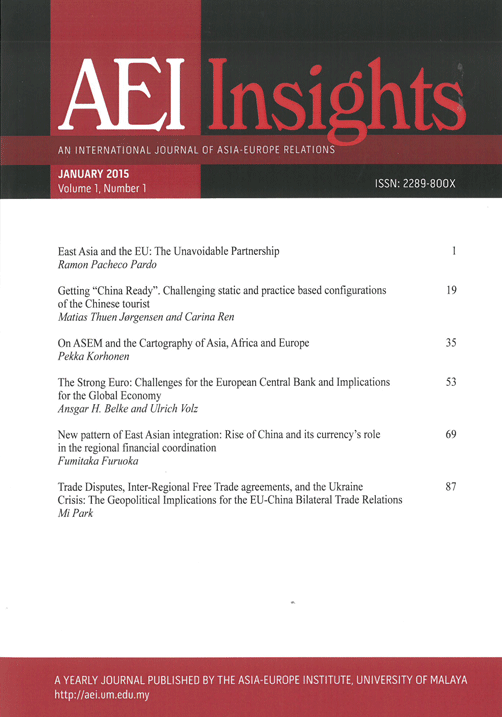The Strong Euro: Challenges for the European Central Bank and Implications for the Global Economy
Keywords:
Euro Exchange rate, European Central Bank, Monetary Policy, Foreign Exchange Intervention, Currency WarsAbstract
The exchange rate can have important effects on inflation, export performance and growth. Against the backdrop of a strong euro and calls for the European Central Bank (ECB) to lower the common currency’s external value, this article discusses the challenges for the ECB and the Eurozone stemming from a strong euro and weights the arguments for and against currency intervention by the ECB to weaken the euro. We argue that a devaluation strategy is no panacea to the Eurozone’s problems. Macroeconomic imbalances within the Eurozone need to be resolved primarily by structural adjustments. However, a modest euro devaluation and higher inflation in the core countries will facilitate adjustments in the periphery countries. Given that a resolution of the European debt problems and a sustained recovery of the Eurozone is also in the interest of the rest of the world, a modest euro devaluation should not trigger a competitive devaluation spiral.







